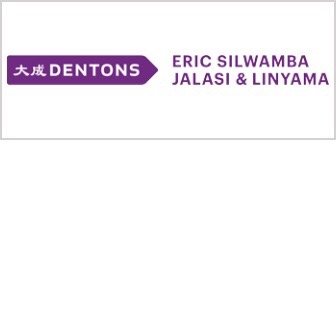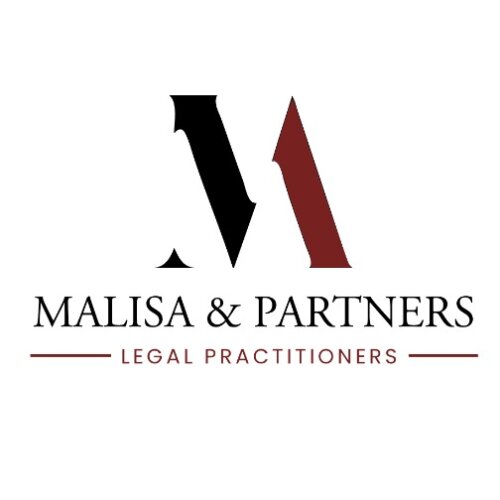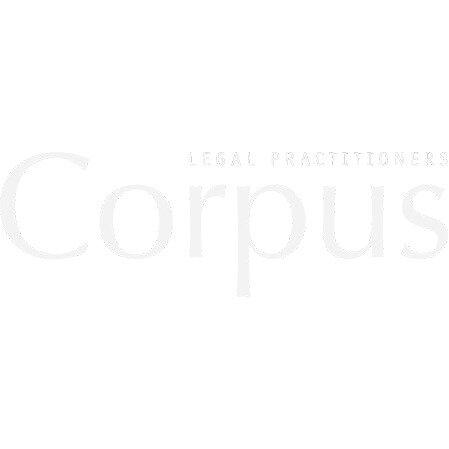Best Art & Cultural Property Law Lawyers in Zambia
Share your needs with us, get contacted by law firms.
Free. Takes 2 min.
Or refine your search by selecting a city:
List of the best lawyers in Zambia
About Art & Cultural Property Law in Zambia
Art & Cultural Property Law in Zambia is concerned with the legal framework that governs the protection, preservation, and management of art and cultural heritage within the country. It encompasses various aspects, including the legal rights of artists, ownership of cultural property, import and export regulations for cultural goods, and measures against illicit trafficking. This field of law seeks to balance the interests of cultural preservation and the modernization of Zambia’s rich and diverse cultural heritage.
Why You May Need a Lawyer
Individuals and organizations may require legal assistance in Art & Cultural Property Law in several situations. Common scenarios include:
- Disputes over ownership and authenticity of artworks or cultural artifacts.
- Legal issues concerning the export or import of cultural property.
- Protection and enforcement of intellectual property rights of artists.
- Negotiating and drafting contracts related to the sale, loan, or exhibition of art.
- Legal guidance on the repatriation of cultural property to rightful owners or countries.
- Compliance with national and international regulations governing cultural heritage.
Local Laws Overview
Key aspects of local laws relevant to Art & Cultural Property Law in Zambia include:
- National Heritage Conservation Commission Act: This act outlines the framework for the preservation and protection of Zambia’s cultural heritage, including artifacts, historic sites, and traditional practices.
- The Museums Act: Provides guidelines for the operation and administration of museums, which play a crucial role in safeguarding and showcasing Zambia’s art and cultural artifacts.
- Intellectual Property Laws: Cover the rights of artists over their creations, including copyright, trademarks, and patents, which are essential for the protection of cultural and artistic works.
- Border Control and Customs Laws: Regulate the import and export of cultural goods to prevent illicit trafficking and ensure the movements align with national preservation policies.
Frequently Asked Questions
What constitutes cultural property under Zambian law?
Cultural property generally includes artifacts, artworks, historic sites, and traditional objects that hold cultural, historical, or archaeological significance.
Who regulates the export of cultural property from Zambia?
The National Heritage Conservation Commission is primarily responsible for overseeing the export of cultural property, ensuring necessary permissions are obtained.
How can artists protect their intellectual property rights in Zambia?
Artists can protect their intellectual property by registering their works with the Zambia Copyright Protection Society, which provides legal recognition and protection of their creative expressions.
What should I do if I suspect cultural property is being illegally trafficked?
If you suspect any illegal trafficking of cultural property, it is advisable to contact local authorities or the National Heritage Conservation Commission to investigate.
Can cultural property on private land be claimed by the government?
Yes, the government can claim cultural property found on private land if it holds significant cultural value, subject to relevant compensation and legal processes.
Is it possible to loan indigenous cultural artifacts to museums abroad?
Yes, it is possible, but it requires proper legal agreements and compliance with regulations to ensure the safe return and adequate protection of the artifacts.
What legal recourse is available for disputes over the authenticity of art?
Disputes over authenticity can be resolved through mediation, arbitration, or litigation, with expert testimonies often playing a critical role in resolving such issues.
Are there any international agreements that Zambia adheres to concerning cultural property?
Zambia is a signatory to several international conventions, including the UNESCO Convention on Cultural Property, which aims to prevent illicit cultural exchanges and promote rightful ownership.
How are lost or stolen cultural properties recovered?
Lost or stolen cultural properties can be recovered through both national and international cooperative efforts involving legal processes, identification, and negotiation for restitution.
What role do local communities play in the protection of cultural heritage?
Local communities are crucial stakeholders in protecting cultural heritage as they can provide valuable knowledge, participate in conservation efforts, and advocate for appropriate preservation measures.
Additional Resources
For further assistance and information, you can reach out to the following resources:
- National Heritage Conservation Commission: The primary body responsible for cultural heritage management in Zambia.
- Ministry of Tourism and Arts: Governmental authority that oversees arts and cultural policies.
- Zambia Copyright Protection Society (ZCOPY): Organization that helps artists protect their intellectual property rights.
- Local Museums: Institutions that often provide educational materials and resources related to art and cultural heritage.
Next Steps
If you require legal assistance in Art & Cultural Property Law, consider the following steps:
- Identify the specific legal issue you are facing and gather all relevant documentation.
- Research and contact a lawyer or legal firm specialized in Art & Cultural Property Law in Zambia.
- Prepare to discuss your situation clearly, providing all necessary information to your legal counsel.
- Ensure regular follow-up and effective communication with your lawyer to understand your legal rights and responsibilities.
Lawzana helps you find the best lawyers and law firms in Zambia through a curated and pre-screened list of qualified legal professionals. Our platform offers rankings and detailed profiles of attorneys and law firms, allowing you to compare based on practice areas, including Art & Cultural Property Law, experience, and client feedback.
Each profile includes a description of the firm's areas of practice, client reviews, team members and partners, year of establishment, spoken languages, office locations, contact information, social media presence, and any published articles or resources. Most firms on our platform speak English and are experienced in both local and international legal matters.
Get a quote from top-rated law firms in Zambia — quickly, securely, and without unnecessary hassle.
Disclaimer:
The information provided on this page is for general informational purposes only and does not constitute legal advice. While we strive to ensure the accuracy and relevance of the content, legal information may change over time, and interpretations of the law can vary. You should always consult with a qualified legal professional for advice specific to your situation.
We disclaim all liability for actions taken or not taken based on the content of this page. If you believe any information is incorrect or outdated, please contact us, and we will review and update it where appropriate.
Browse art & cultural property law law firms by city in Zambia
Refine your search by selecting a city.













